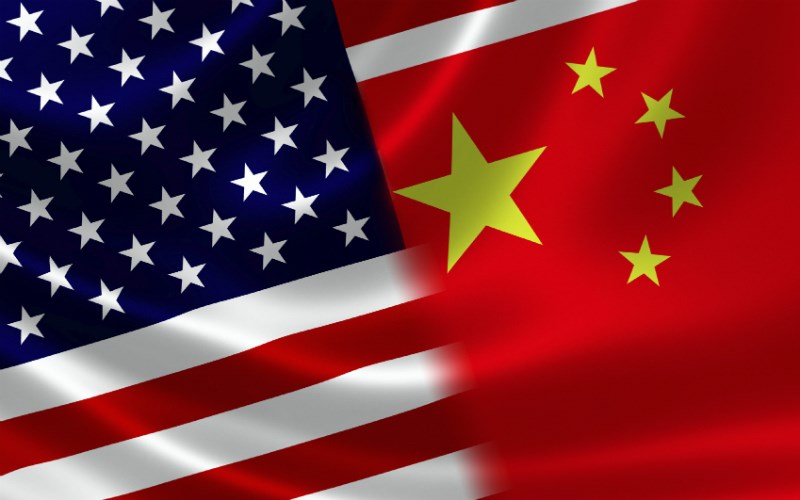Yanjun Xu – the first Chinese intelligence agent ever to be extradited and brought to trial in the U.S. – was convicted on November 5 of multiple crimes of espionage, including conspiracy to commit economic espionage and to steal trade secrets.
Xu was a deputy division director at the Chinese Ministry of State Security (MSS), a provincial branch of Beijing's top intelligence agency. In March 2017, he began attempting to solicit information from a GE Aviation engineer. By January 2018, he was requesting "system specification, design process" information from the engineer, who – unbeknownst to the Chinese spy – had begun working with the FBI.
Xu and the engineer confirmed plans to meet in Belgium, as the engineer had agreed to provide sensitive files related to the aviation supply giant's exclusive composite aircraft engine fan. The Chinese spy fell into the trap and was arrested in Belgium in April 2018. After being extradited to the United States and subsequently convicted by a federal jury in Cincinnati, he now faces up to 60 years in prison.
James Olson, former chief of counterintelligence at the CIA and author of "To Catch a Spy: The Art of Counterintelligence," says he is shocked a Chinese agent would take a chance to acquire this information outside of China. Meeting in Belgium, he notes, turned out to be a bad decision for them.
"[It appears the Chinese regime] was very eager and very greedy to get their hands [on] the multimillion-dollar prize," he offers during an interview with American Family News. "I think they let their greed get in the way of their common sense."
Retribution will come
The former CIA counter intel agent expects Beijing to retaliate. While he wishes no ill-will toward anyone, he awaits "a very forceful reaction" from the Chinese regime.

"It is unprecedented to have a MSS officer sitting in a U.S. prison, and [Beijing] will go to any lengths to get him back," he contends. The most likely response, he explains, will be to frame someone. "It could be some American [in China] who does not have diplomatic immunity, probably be a businessperson, a journalist, or even could be a student."
Olson predicts evidence will be fabricated against that individual, who will be charged with conducting espionage or some other serious crime. "This person will be rushed through their court system and sentenced to prison – and at that point, they'll try to negotiate a swap," he adds.
Alternatively, he suggests, the Chinese regime could offer up a "high-profile" dissident who has been imprisoned in China for opposing the authoritarian policies of the Chinese Communist Party.
"There might be a humanitarian aspect to such a scenario that would appeal to the United States to get a Chinese dissident out of jail," Olson suggests, "but there would have to be a pretty serious trade offer on the table before the United States would do something like that."
A textbook sting
While he waits for the Chinese regime to retaliate, Olson congratulates the FBI for handling the operation successfully. "They pulled off a double agent operation that was textbook, and I hope more of that will be seen," he says.
He asserts the Chinese Communist Party needs to know that U.S. counterintelligence is "aggressive and will be very devious, so they'll be a little more careful about recruiting Americans in the future."







